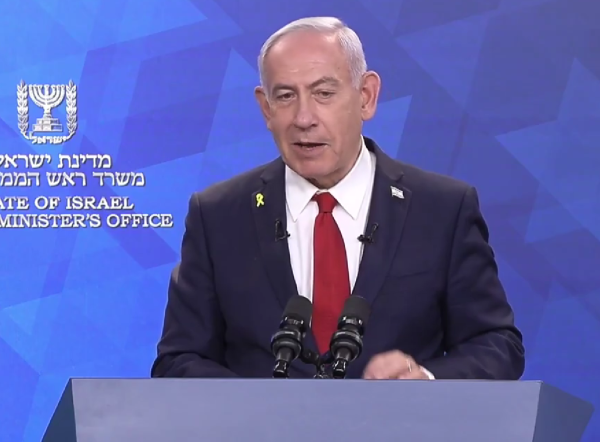Slovenia has implemented an entry ban on Israeli Prime Minister Benjamin Netanyahu, marking the first such action taken by a European Union member state in response to legal proceedings against him concerning allegations of war crimes and crimes against humanity. In November, the International Criminal Court (ICC) in The Hague issued arrest warrants for Netanyahu, former Israeli Defence Minister Yoav Gallant, and Hamas leader Mohammed Deif, who has since died in an Israeli airstrike in Gaza.
The decision to designate Netanyahu as persona non grata conveys a clear message to Israel, signalling Slovenia’s expectation of consistent adherence to the rulings of international courts and international humanitarian law. On 25 September, the Slovenian government highlighted that this action reaffirms its commitment to international law, human rights, and a principled foreign policy.
Neva Grašič, State Secretary at the Foreign Ministry, stated, “All countries bound by international court rulings, including Slovenia, must not recognise the circumstances arising from Israel’s illegal presence in the occupied Palestinian territories and must refrain from providing any support that maintains this situation.” This decision follows Slovenia’s recognition of Palestine as an independent state last year.
In August, Slovenia became the first EU country to impose an arms embargo on Israel, which was later followed by a ban on imports from illegal Israeli settlements in the occupied Palestinian territories. On 17 July, Slovenia’s government also designated two Israeli far-right ministers, National Security Minister Itamar Ben-Gvir and Finance Minister Bezalel Smotrich, as personae non gratae due to their inflammatory remarks that are viewed as inciting violence and violating Palestinian human rights. This series of actions illustrates Slovenia’s strong commitment to the Palestinian cause.
Throughout the ongoing Israeli offensive in Gaza, Slovenia has maintained a critical stance toward Israel, with senior officials expressing concerns about potential violations of humanitarian principles and calling for accountability.

